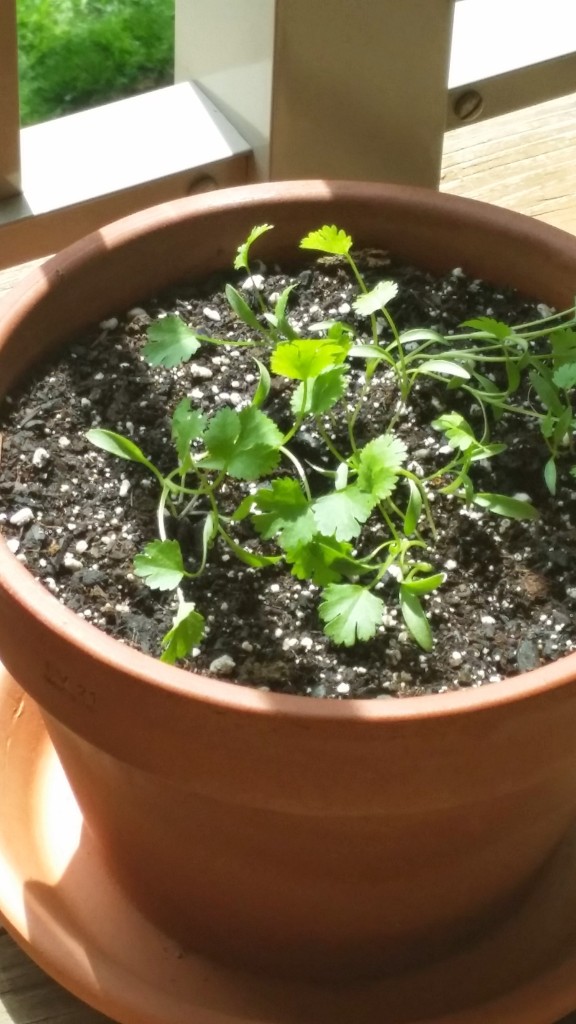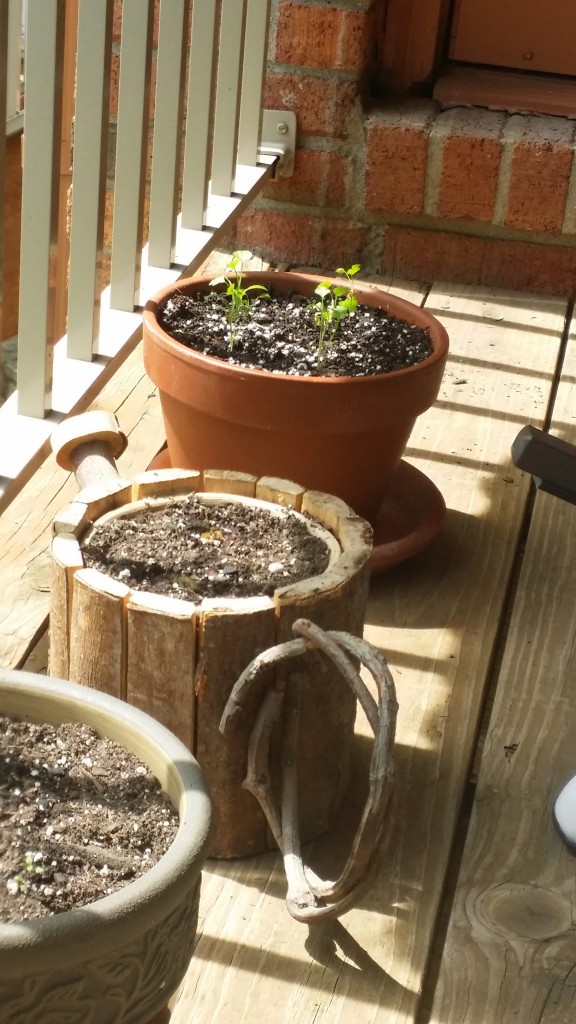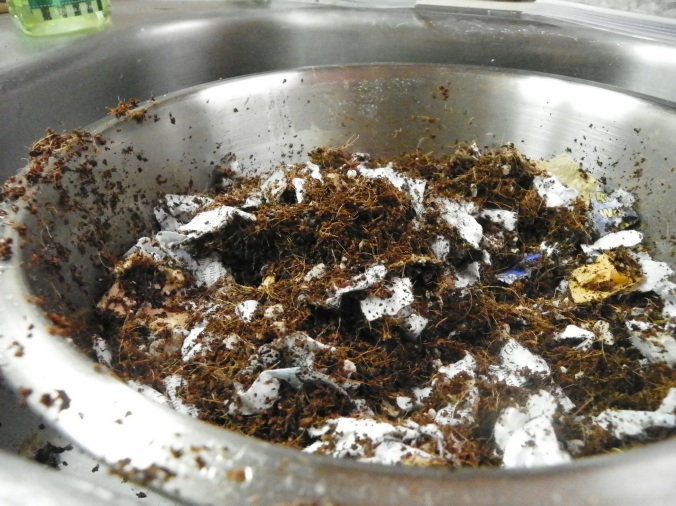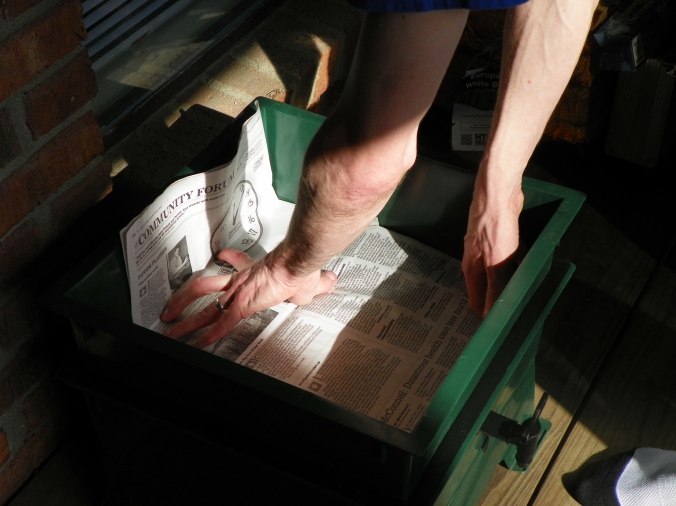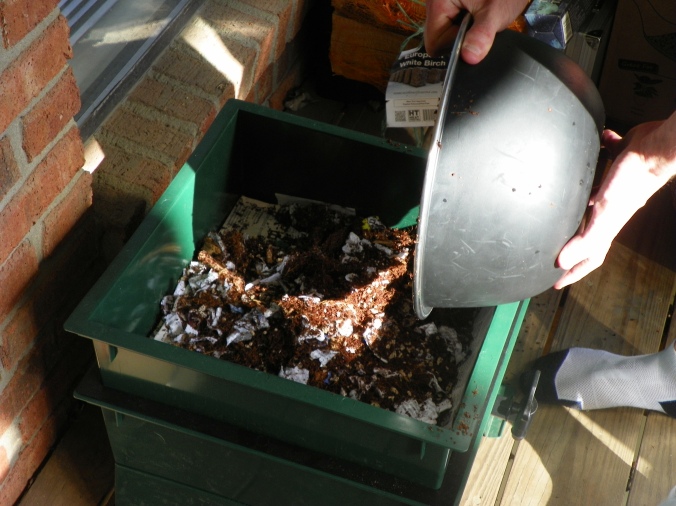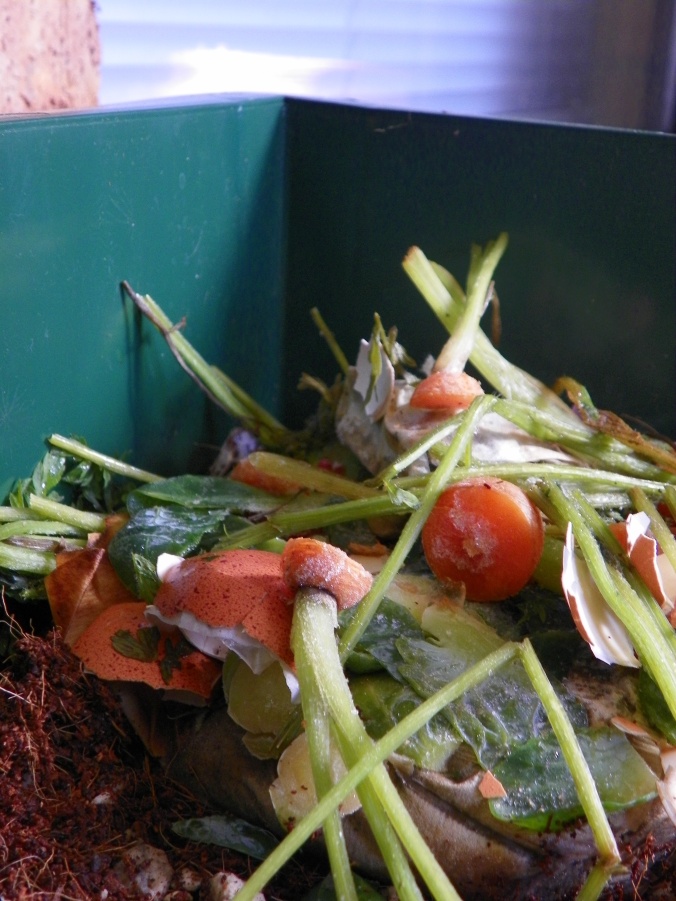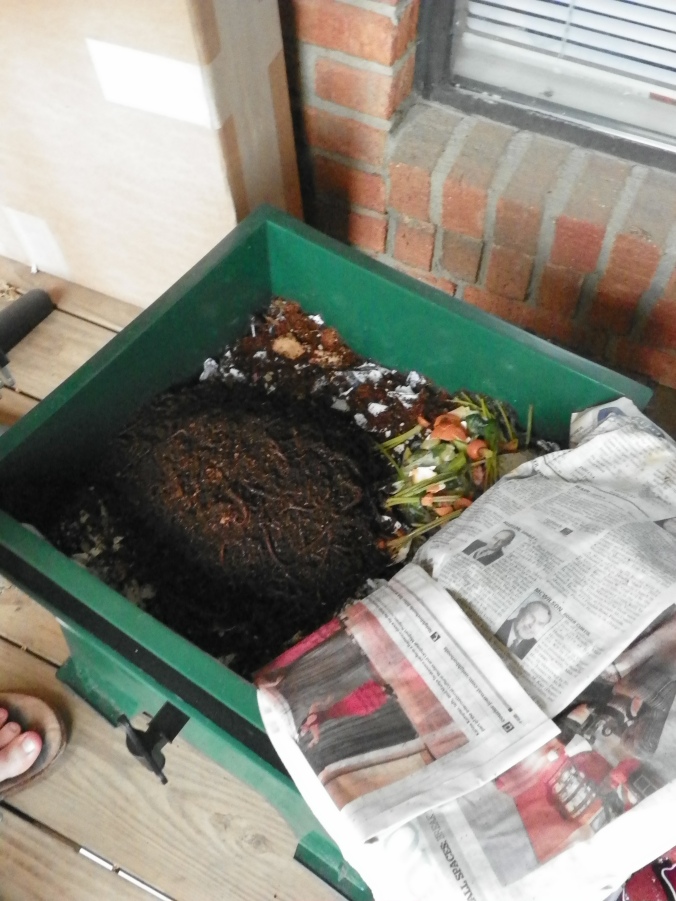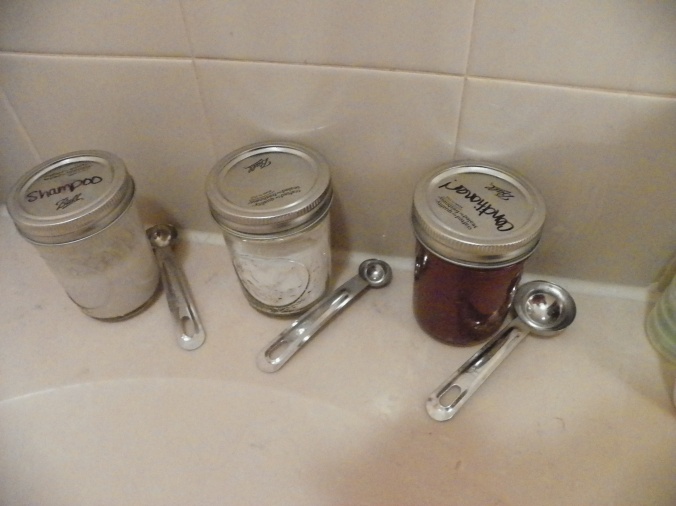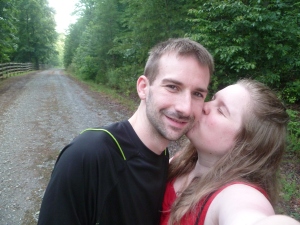One of the purposes/missions of our new lifestyle- on our journey to buy land and live differently than we do now. My thoughts- sometimes scattered, but enjoy if you like. 🙂
On Shopping.
Retail Therapy-we all know this term. When one is feeling down and depressed, it often helps to drive to the mall and browse….and maybe buy.
Impulse Shopping- another well known term. When one is at the store and sees an awesome pair of shoes for half off or a new flavor of ice cream. Just have to have it. Throw it in the cart- credit card charge.
But what about the terms “Conscientious Consumer” and “Conscious Consumer?”
I had always used these terms but was surprised by how common they are. I used the terms ideally, as goals for my life, aspirations. I just entered the phrases into Google and was quite surprised by the results. Apparently, conscientious consumerism is not an unheard of or uncommon term. Many are trying to think more as consumers, and that movement gives me hope.
A Part of Our Mission
My husband and I are buying land (about 10 acres) with hopes of growing our own food and raising animals for food. There are many reasons why we are choosing this lifestyle, and there are many aspects that may come into question from those of you who know us but believe we may be a bit crazy right now. My last post discussed food, which was (partially) the beginning of this journey for us. The search for real food led us to wanting to grow our own, but our overall mission is about so much more than food.
Most US Citizens are natural consumers. We buy. We buy food. We buy clothes. We buy stuff. We buy…but rarely do we really think about what we buy. Now, initially, most of us will claim this isn’t true (or instinctively want to). You spend your money wisely- you budget and save and only buy what you need. But, it’s not about the money or the savings. It’s about the need. Do we really need all the junk we buy? Or do we buy because we have bought into a belief system that tells us we need it, or we deserve it, or it’s just what everyone else is doing?
Why do women buy so many body products and so much makeup?
Why do people throw out old clothes and old shoes and old purses once they rip?
Why do we buy so many cool gadgets which we rarely use and end up in a drawer a year later, never to be used again?
Why do we feel the need to have the latest editions/versions of everything?
Sometimes, we really do need something. Sometimes.
But, most of the time we probably don’t.
Our food journey inspired us to inspect our lifestyle. We questioned why we ate what we did. We questioned where it originated. We questioned. This questioning led us to other lifestyle investigations. It led us to question and that made us want to do so more often. I know, I know, the word “question” has just lost all meaning. But, what we did by questioning is what we want to continue doing. We want to be conscious.
One of our major goals for our life together sounds so simple- THINK. Why do we feel that we need to paint the walls of our new house once we move? Why do we need a new washer and dryer? Why do we need a riding lawnmower? Why do we want to eat out tonight? Why? Is it necessary? Is it best? Are we simply doing this because it is what we do? Because it is what everyone else does? Are we thinking? Are we aware?
We may come to a decision to eat out- we are tired, don’t have time to cook, or want to see friends. But, it is not so much the end decision as the discussion. The consideration of options. The questioning.
Is it worth it to have cheap meat at the expense of our health and at the expense of animal mistreatment?
Is it worth the pollution of the environment to not have to work as hard to mow the lawn?
It’s about the conversation, about being conscientious.
It’s scary when you start this conversation (why some will probably want to avoid it). As the blog continues, I will show where these conversations have led us.
I’ll be honest. I like doing things the way I have always done them. I like modern conveniences. I like being able to buy anything and everything to make my life easier. But, what are the effects of me making my life easier? What happens when I make these seemingly innocent decisions? What happens when I feel too lazy to make dinner and we go out to eat instead? What happens when I throw away those plastic bags because I don’t feel like driving them to Kroger to recycle them? What happens when I wear a shirt for only a couple hours but throw it in the dirty clothes anyways? What happens when I give into buying something I don’t need? Sometimes nothing. Sometimes the results are worth it. Sometimes. But, often we don’t consider the results, the effects of our actions.
On Research
Cause and effect- we study it in school. It is always applicable. Every decision we make has an effect, has consequences. But we, as a society, a culture, have decided to remove ourselves from these consequences. They are too messy, too disturbing. We wear rose-tinted glasses and shop till we drop with little concern for what businesses we are supporting and for what we are teaching others and ourselves. We ignore where the things we buy originated. We buy the newest version of X-Box or I-Phone because it is “faster” (by a few seconds…we need Facebook and Twitter to download instantaneously). We snap our fingers and our every desire is available (for a small price, of course). And, we are removed. We ignore what our shopaholic, consumerist, materialistic mindsets are producing.
Just because we don’t see an immediate effect doesn’t mean there isn’t one.
I am a woman. I am a consumer. I like shoes and purses and clothes and makeup. I like shopping. I like making my home beautiful. Those desires are not bad.
What my husband and I are trying to escape is not the act of buying or shopping. We are trying to escape the mindset that we have bought into as a culture. We are trying to teach ourselves to think and to question every decision we make. We are trying to research what we buy, to be conscious and aware of where a product was made and how. Are we contributing to something in which we believe strongly? Or are we contributing to sweat shops and poor wages, to mistreatment of animals, to rich men’s pocketbooks, to a broken system?
It’s a pain, yes. Imagine researching every product you buy? Imagine rethinking that purchase in the store…. But imagine the beautiful effect of a society that thinks more than it shops.
On Stewardship
Although being a conscientious consumer is quite a green movement, for us it is more than that. It stems from a deeper belief.
We believe God created us with purpose. He created this world and everything in it for us; He gave us control over everything beautiful He has made. Many Christians preach stewardship, I believe, with an understanding that God intended for us to care for and protect the earth in our rule. I firmly believe that God intended for us to be good stewards and to take care of this beautiful planet. I highly doubt that He intended for us to exploit and trash this world. And, I’m going to be honest for a moment- I think the world needs more examples of Christian stewardship. We have many examples of the green movement, and often it is labeled as liberal, causing conservatives to ignore it. Or is is labeled as hippie or hipster, enabling many more to ignore it. But, “being green” isn’t simply for liberals and hipsters; I see many underlying aspects of Christian stewardship in the green movement. I think the world needs to see more Christians being green.
I don’t want to be ignorant or blind to what happens to this beautiful planet when we are wasteful. So many sit back as animals are abused in order to eat a cheaper steak, hamburger, or chicken sandwich (research Tyson and Perdue and cattle farms and you may never want to buy meat again). People are abused and paid poor wages in factories to make cheaper clothes for Target or Old Navy. Many sit back and console themselves with the idea that they can’t do anything about it. I, myself, have used many excuses. I have often heard one similar to this: “the cow’s already dead…might as well eat it,” or “I can’t find cheaper tank tops anywhere else…and I “need” them.” Whatever the excuse, when we choose to ignore the origin of what we buy, we feed huge problems….mostly because that’s how we’ve always done it.
We are natural consumers in our society. But, we are also blind consumers. And companies pay a LOT of money to keep us blind and buying.
But, I want to be a good steward. I want to take care of what God has given me. I want to be aware of what I do each day and what I buy. I want to know what I am supporting when I spend my money. I believe God has given me this mission and purpose. I also believe that I am learning and making mistakes while I try to follow this plan. It’s one of the most difficult lifestyle changes I have ever tried to make.
These are my thoughts. Take them as they are. Know we are at the beginning of a journey and our lives are changing daily (something I think is beautiful). Be ready, as we grown and learn, to see changes.
However, my challenge to you is this: don’t take everything you read here or anywhere else at face value. Know that I am human and trying my best to learn God’s will and purpose. Research. Read. Think.
A short clip about marketing- watch if you like; I promise it does relate. 🙂
Happy Researching!
-The Pickle Family







